(February 9, 2022) Turning adversity into an advantage is a winning formula that Vandana Suri, founder, Taxshe enhances. The global Sustainable Development Goals and Her awardee (2019) for her entrepreneurial venture, an exclusive all-women driver-on-demand cab service in Bengaluru and NCR, seeks to empower women. As the pandemic hit hard, and transportation was worst-hit, Taxshe felt the blow too. Uncertainty loomed large after paying salaries for eight months without any business. Suri had a debt of ₹70 lakh, but not one to give up, she was resolute.
Born and brought up in Mumbai, Vandana’s family shifted to Bengaluru where she pursued graduation and chartered accountancy. After 25 plus years as an investment banker, she began her first entrepreneurial venture at a real estate consultancy. A year later, she founded Taxshe. “It was like a calling in life,” says Vandana Suri in an interview with Global Indian.
“People don’t have to tell me to fight their battles, I do it for them. Since childhood, I’ve been a fighter. A girl in school who was good at karate wanted to go to an inter-school competition, and the principal refused as there was a drawing exam on the same day. I spoke up for her,” reminisces Vandana, adding, “During those day, Doordarshan’s serial Rajni sparked a desire to stand up for your rights. My mother would say, ‘You have already become Rajni, now stop watching it!’” she chuckles.
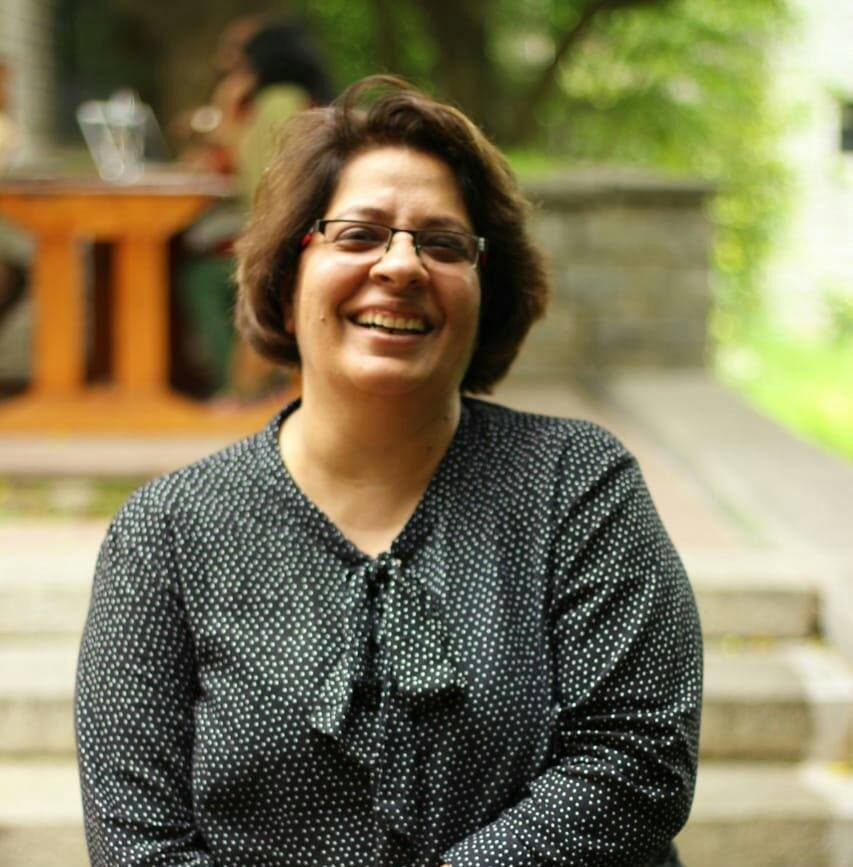
Vandana Suri, Founder, Taxshe
Empowering women forward
Starting Taxshe in 2014, Vandana put out her first post on Facebook, asking people whether they could provide references of lady drivers for an all-women taxi service. “To my utter surprise, the post went viral,” says Suri, overwhelmed with 3,000 calls.
The challenge was no woman with driving skills was willing to become a taxi driver. Women from poorer sections could have, but they did not know how to drive. “I became the first driver of Taxshe. I started a chauffeur model, drove other’s cars, picking and dropping their children. It was amazing that parents were so at peace with the idea of a lady driving their children around,” she smiles.
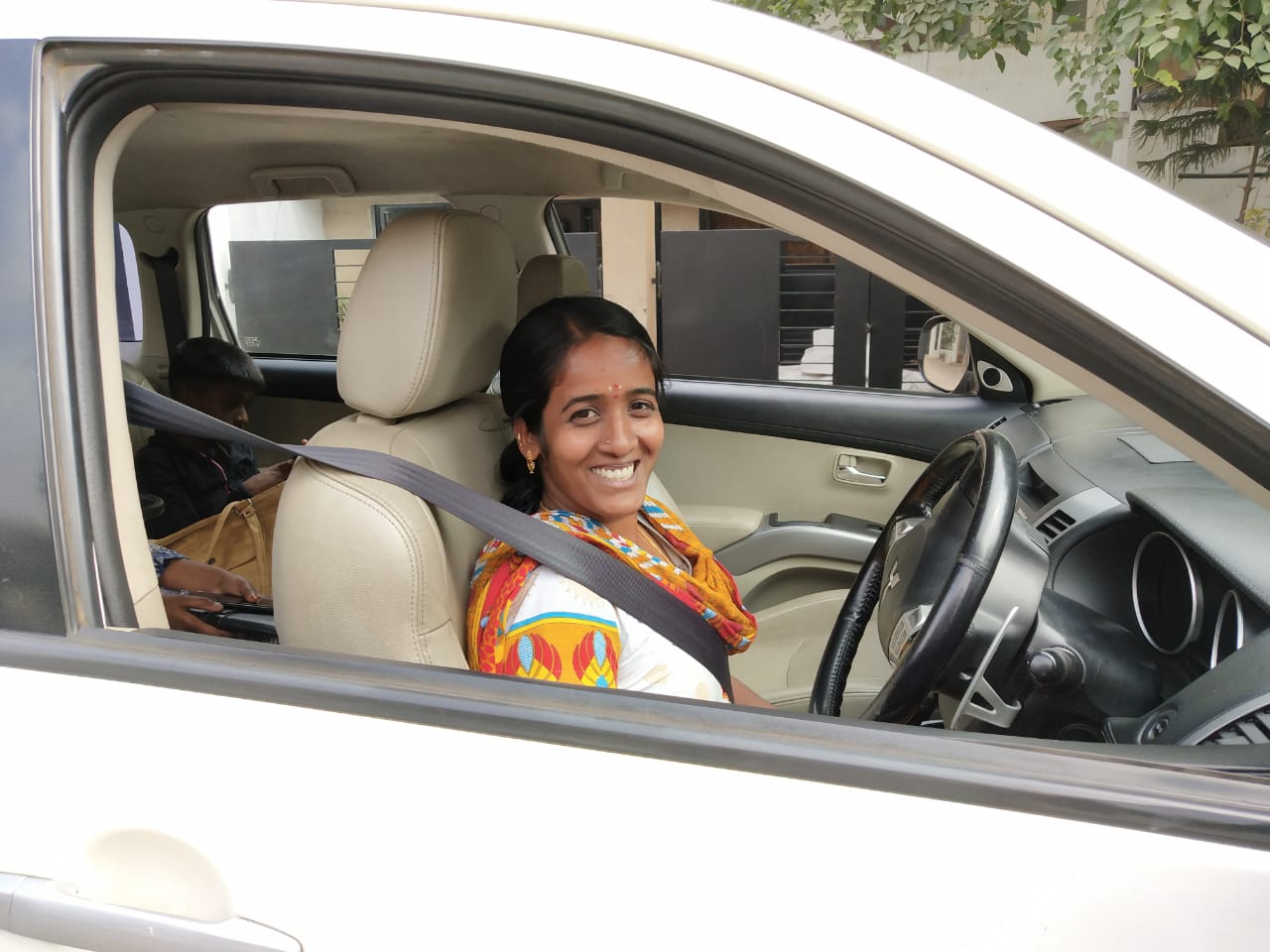
A woman driver of Taxshe
Since 2015, Taxshe, that was incidentally triggered by a cab rape incident where the victim’s statement, “If a woman would have been driving me, this would have not happened,” deeply affected Vandana. Women were unsafe, and Taxshe was the answer. “Another major concern were the lack of toilets making it a non-women-friendly profession. So, I designed a flexible business model around ladies where there was no threat from passengers as they were driving children, and they had the luxury of working in the vicinity of their homes. It was business-friendly too as we got contracts for the whole year thus a yearly income,” she adds.
Spreading the word
Reaching out to slums, talking to women and families, after devoting six months to a year training, she has women professional drivers. “When I sent them for training, they were ridiculed. Empowering them, I started training them myself. Over the past seven years, we must have trained 350-400 girls,” says Vandana.
She likens the service (pre-Covid) to being oxygen masks for children, corporate women and female late-night flight passengers. Then Covid wiped all these avenues.
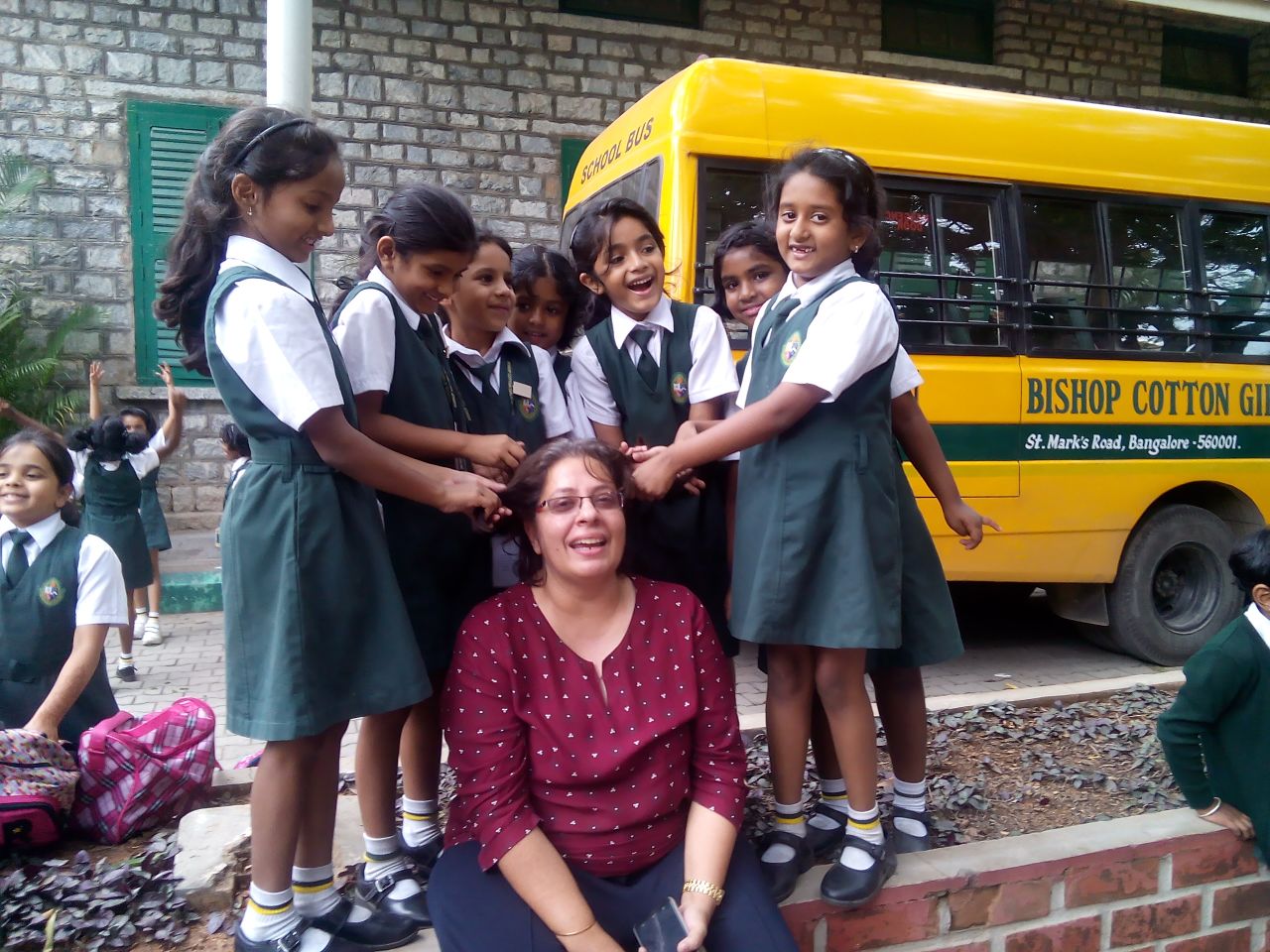
Forever happy with kids
Vandana then started a new business vertical – the Taxshe Breakfree that addressed fear of infection and women being stuck at home. “Just like the actor in Titanic who floated across even when the ship sank, we were able to sail across the pandemic. Invariably, we have a very high rating whether it is Taxshe or Breakfree,” she beams.
When the drive became a movement
Getting in touch with educated women who had lost jobs, she roped them in as franchisee partners, and trained them in training others. An out-of-work 62-year-old school principal with 35 years experience (driving) joined in. “We call her super naani. We have other franchisee partners too who have lost high-paying jobs. They are happy to join Taxshe Breakfree,” adds the social entrepreneur.
Then, another vertical – women in mobility business (WOMB) was started. Engaging women with a strong network to motivate others to join Taxshe Breakfree, she adds, “They are akin to a business development arm, and earn revenue. WOMB women are like backend buddies of franchise partners. We have four franchise partners, and have trained 300 +women so far. We are incubating more women under WOMB. By April, we plan to rope in 25 more.”
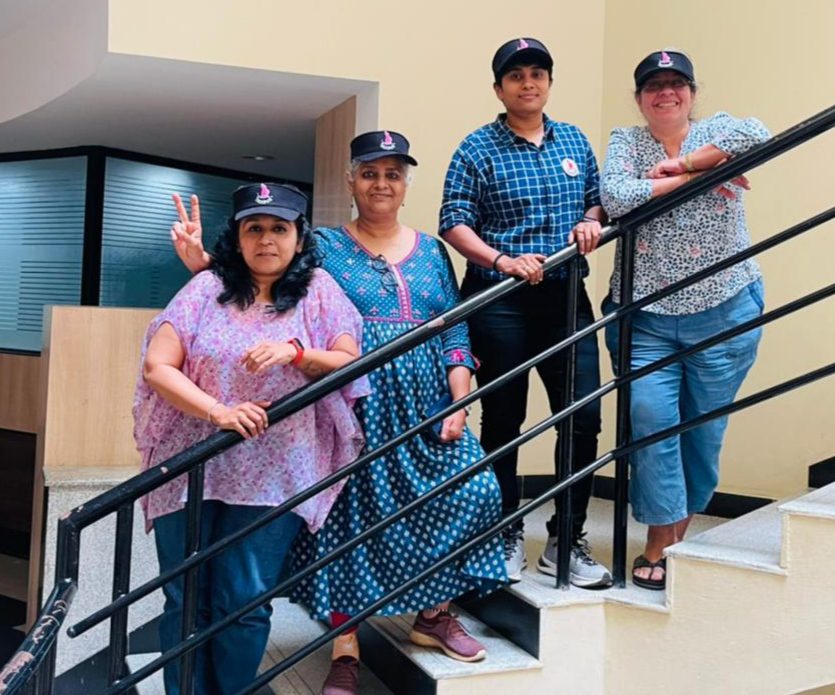
Vandana with the Taxshe Breakfree team
Vandana’s mother is her backend buddy and critic. “When my mother heard that I was starting a cab business, she fell off her chair. Later when my brother Sushil joined in, as co-founder, she was assured that I must be doing well enough for him to join,” laughs Vandana. Her mother is proud of Suri’s award – chosen out of 1,200 applicants. “She wonders when I’ll learn to cook,” grins Vandana, a mother of a teenage son.
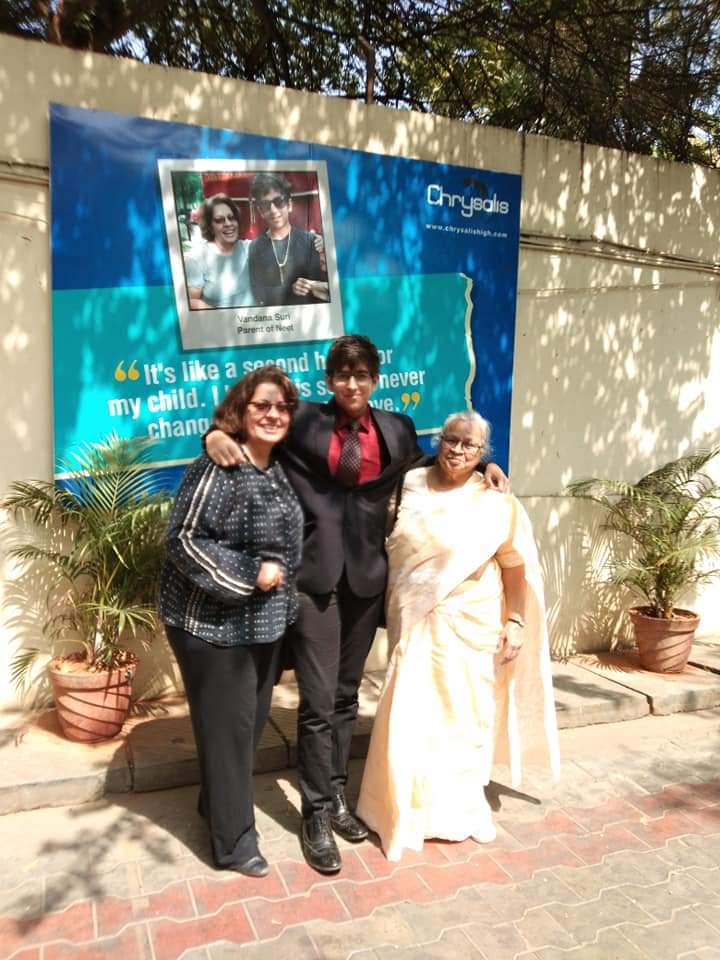
Vandana with her mother and son
On rare off days, painting is her go to, “I will pursue it after retirement,” she chuckles. Of course, music and thumkas aside, she admits to being the first on a dance floor, and the last off it.
Chop Chop Boys and SingleSisterz are her new nascent ventures – One trains young lads how to cook and the other helps single women rent together. “We wanted to work on an alternate family structure so that someone is there to take care of children,” signs off this serial entrepreneur with her pulse on social upliftment.

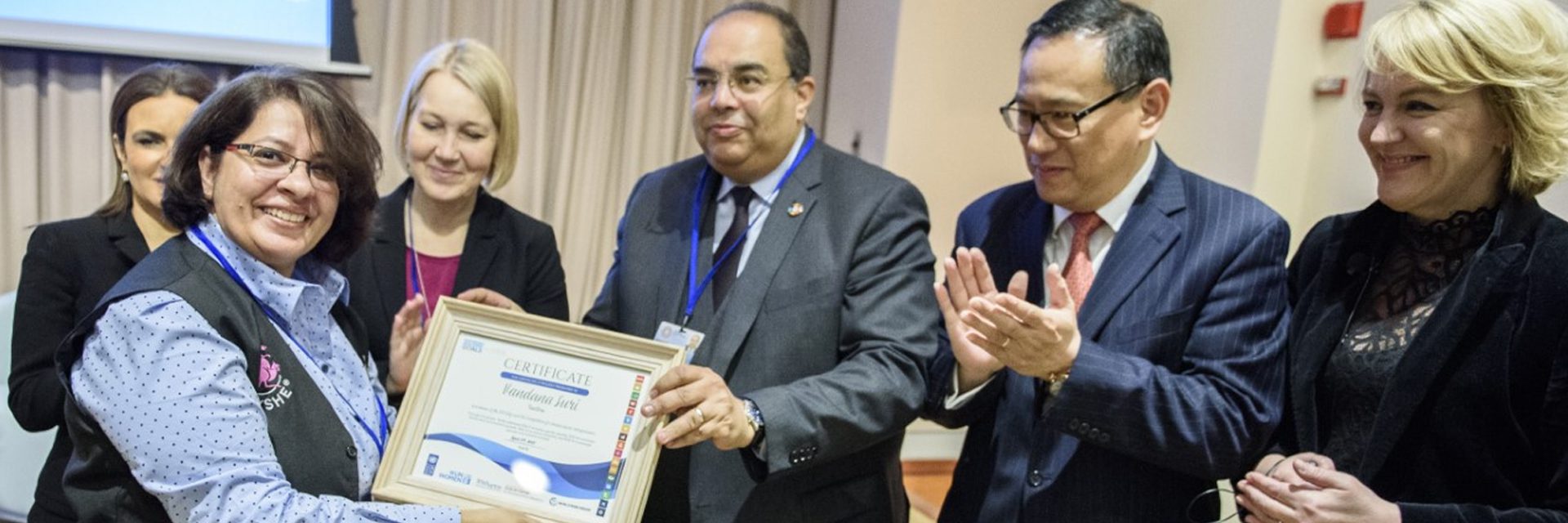

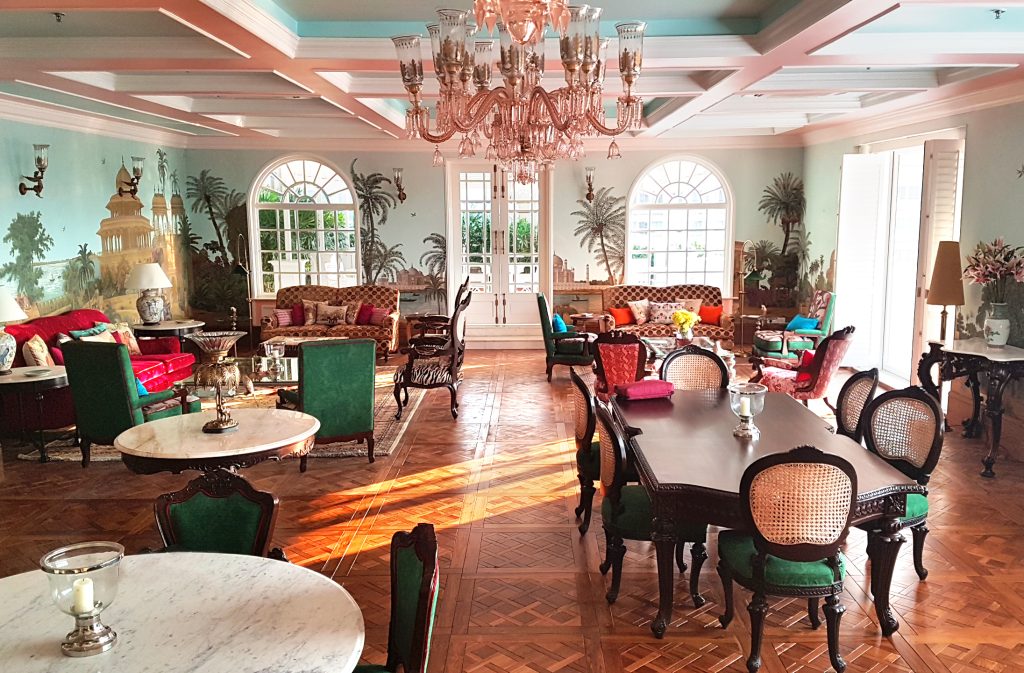
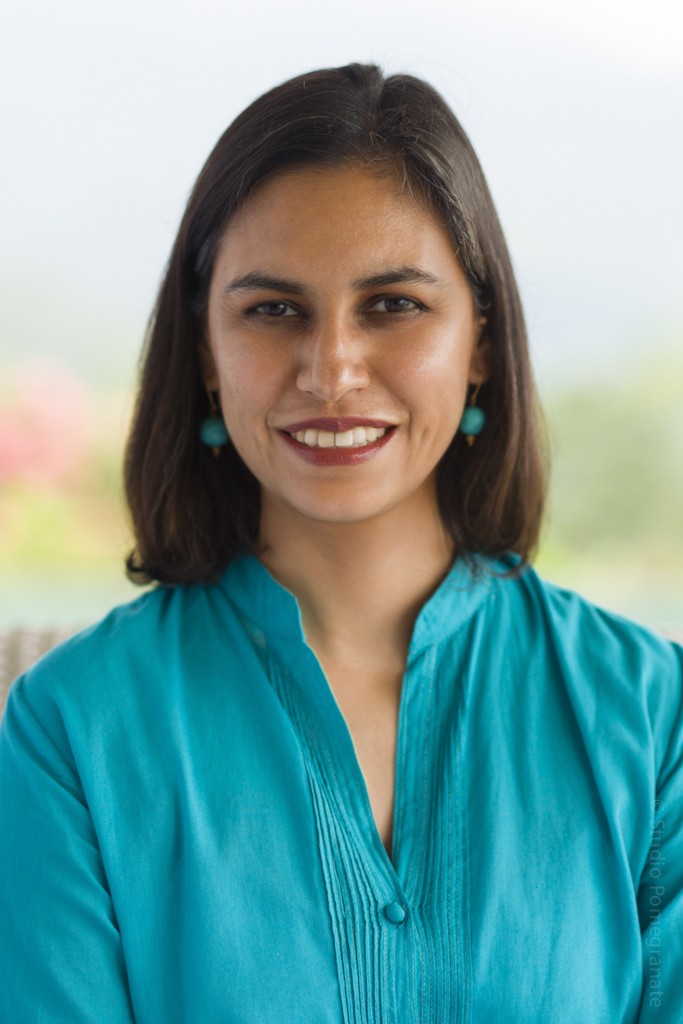
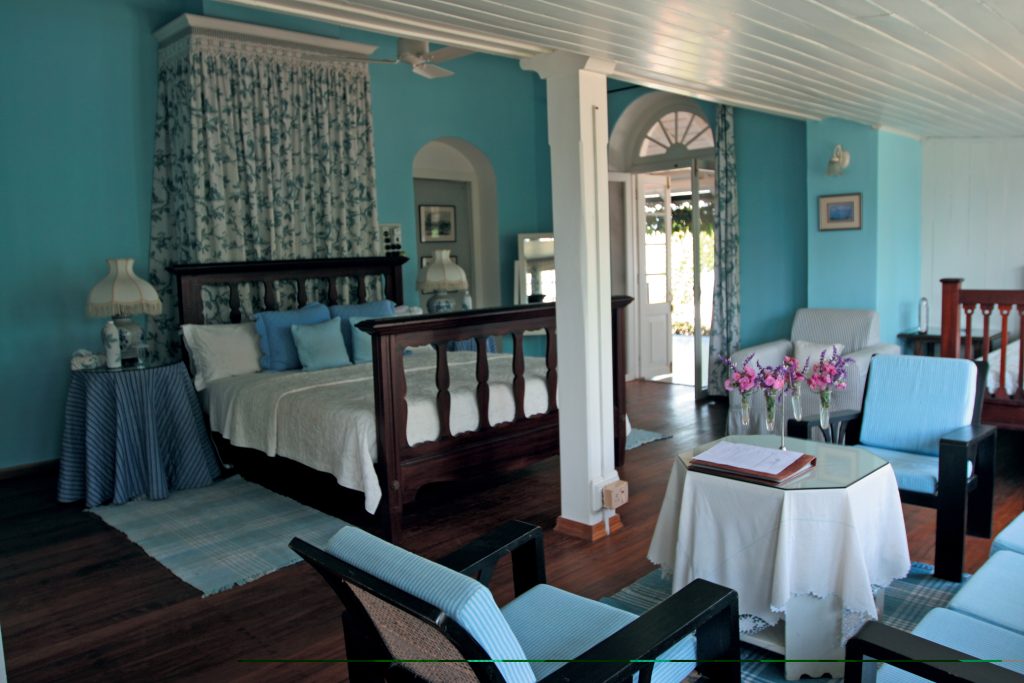

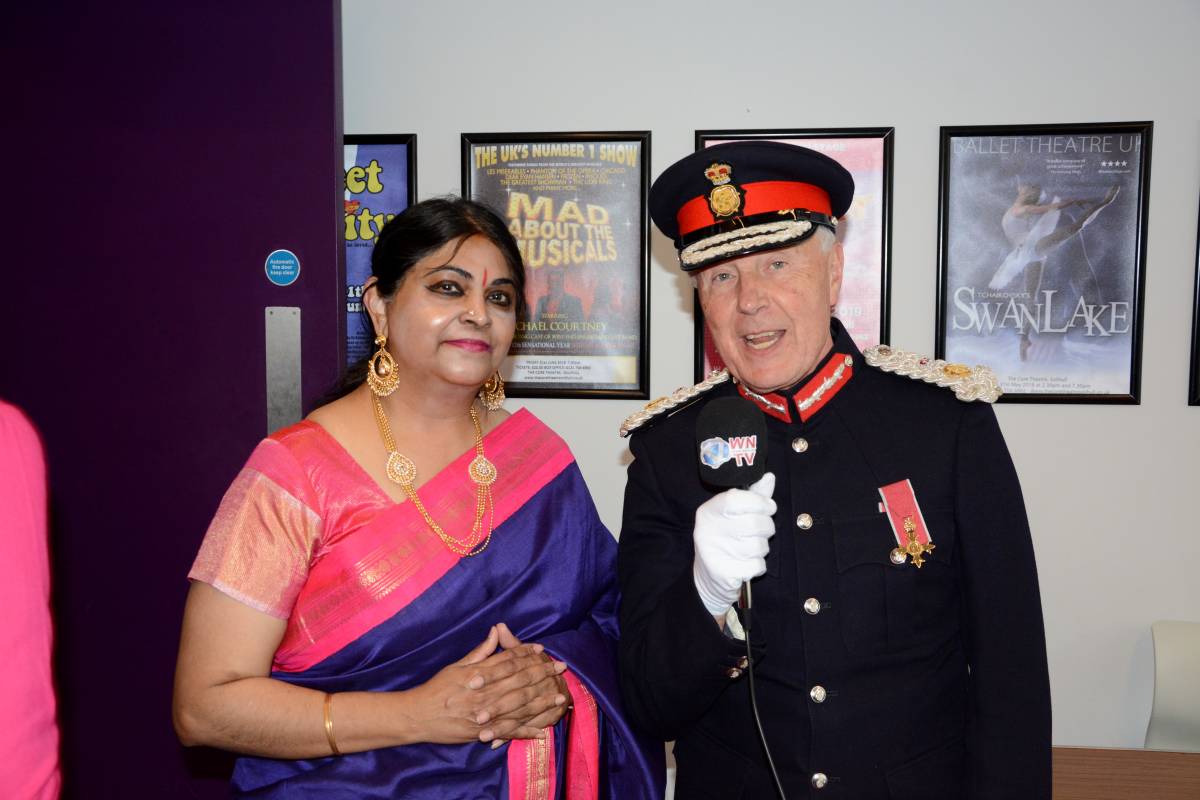 Dr. Ramakrishnan MBE with John Crabtree OBE[/caption]
Dr. Ramakrishnan MBE with John Crabtree OBE[/caption]
 St Thomas (c. 1611) by Peter Paul Rubens[/caption]
St Thomas (c. 1611) by Peter Paul Rubens[/caption] Shrine of Saint Thomas in Mylapore, 18th-century print[/caption]
Shrine of Saint Thomas in Mylapore, 18th-century print[/caption] British Raj era Anglo-Indian mother and daughter[/caption]
British Raj era Anglo-Indian mother and daughter[/caption]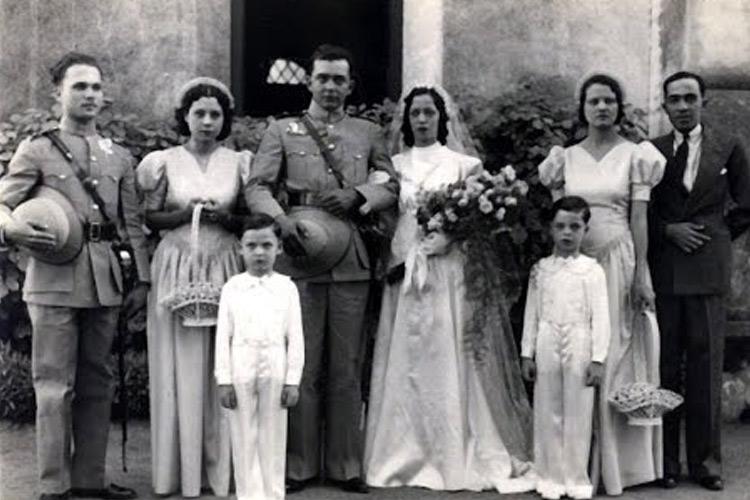 An Anglo-Indian family[/caption]
An Anglo-Indian family[/caption]
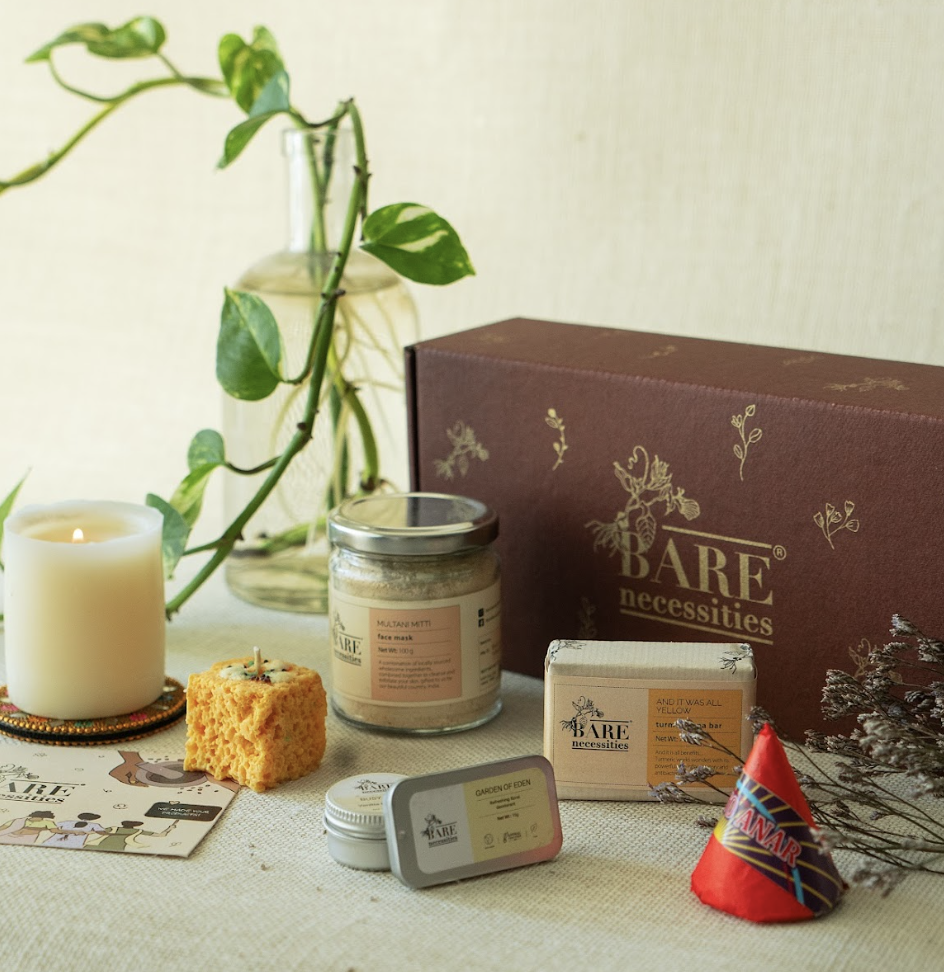 Bare Necessities products[/caption]
Bare Necessities products[/caption]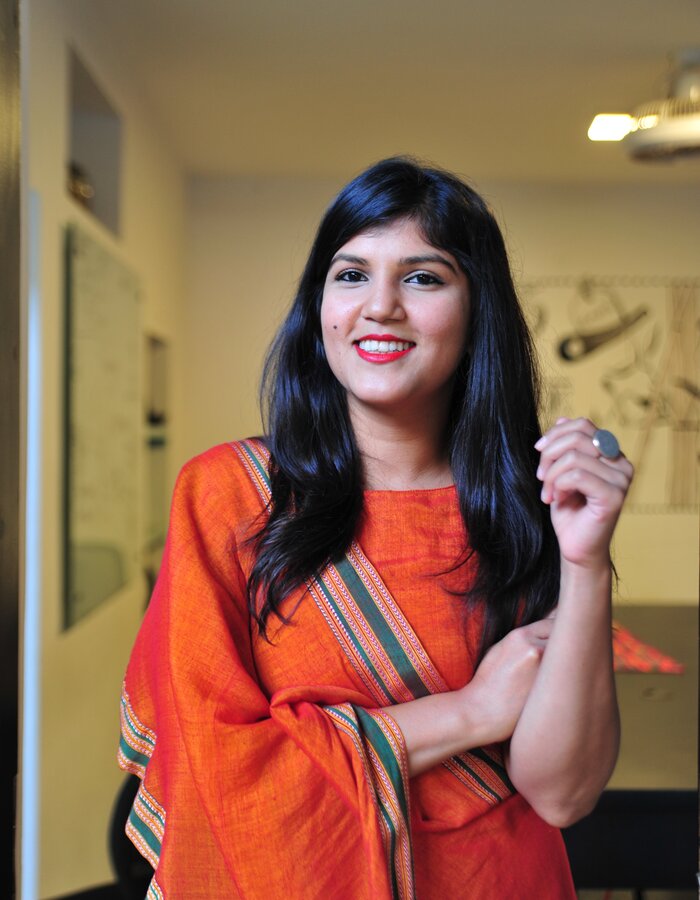
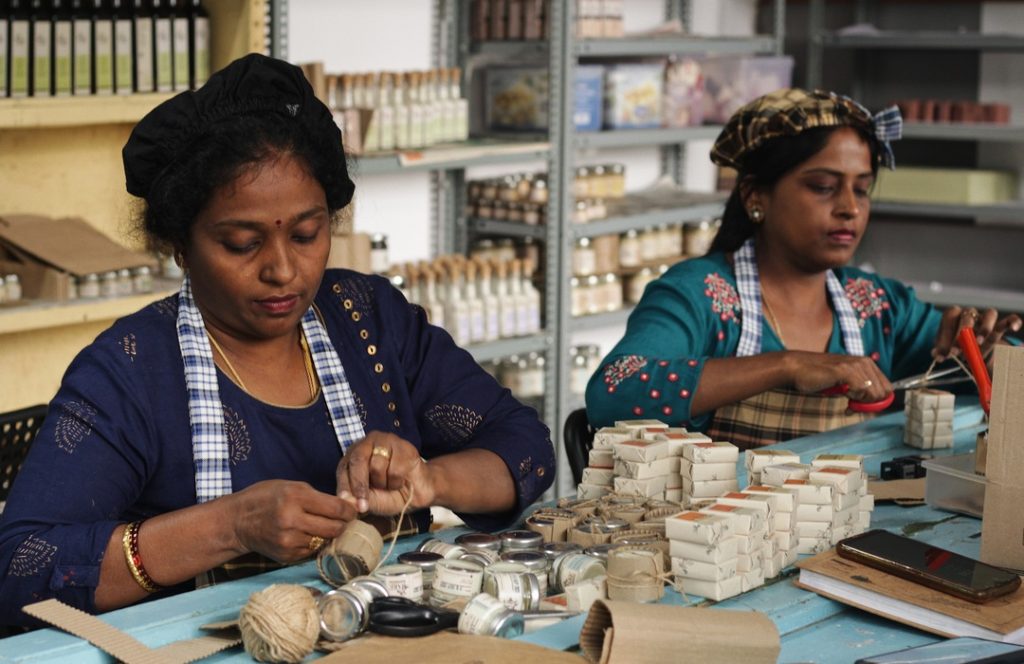
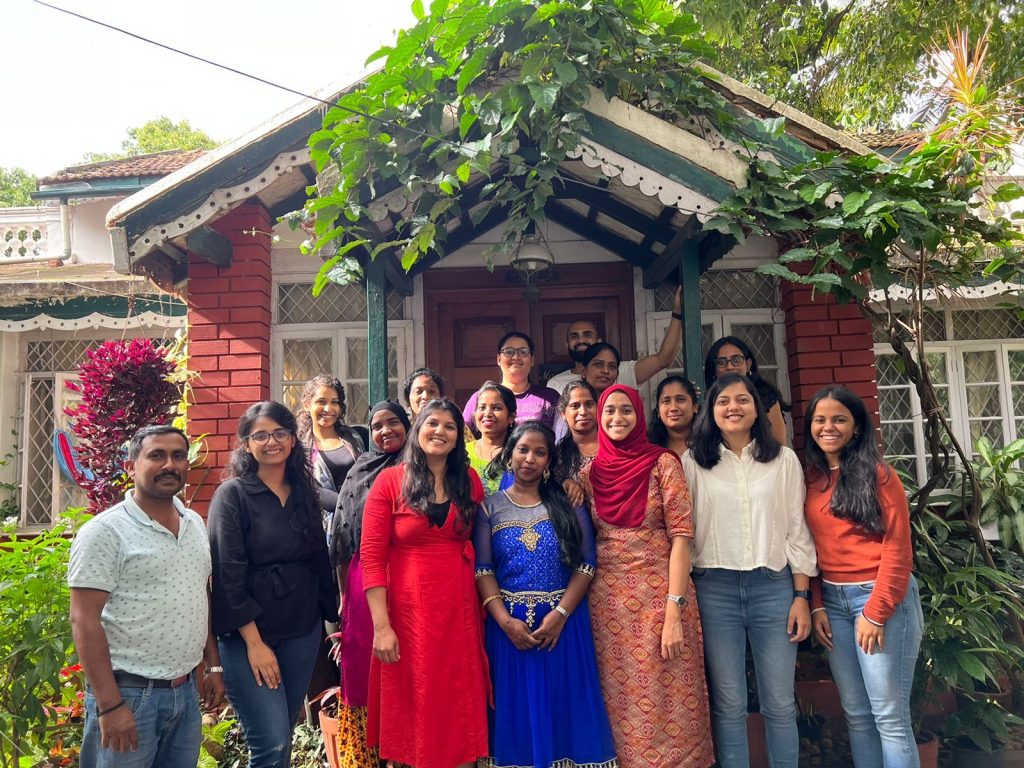
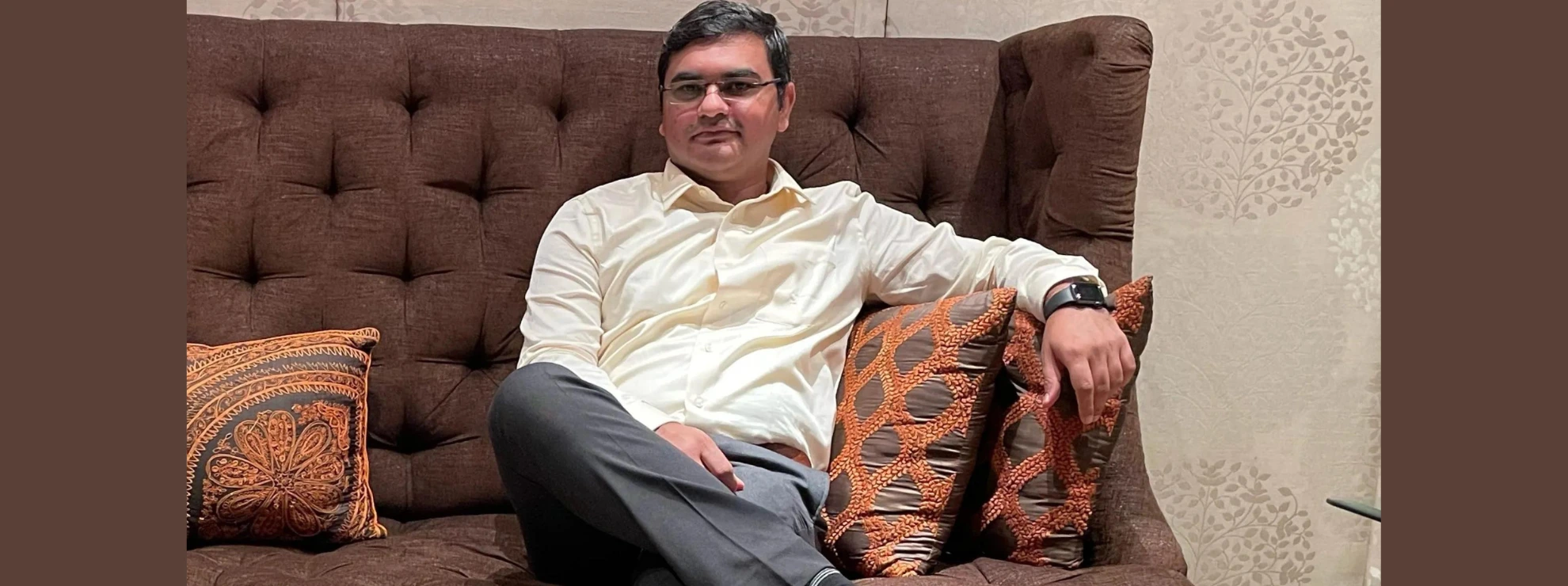
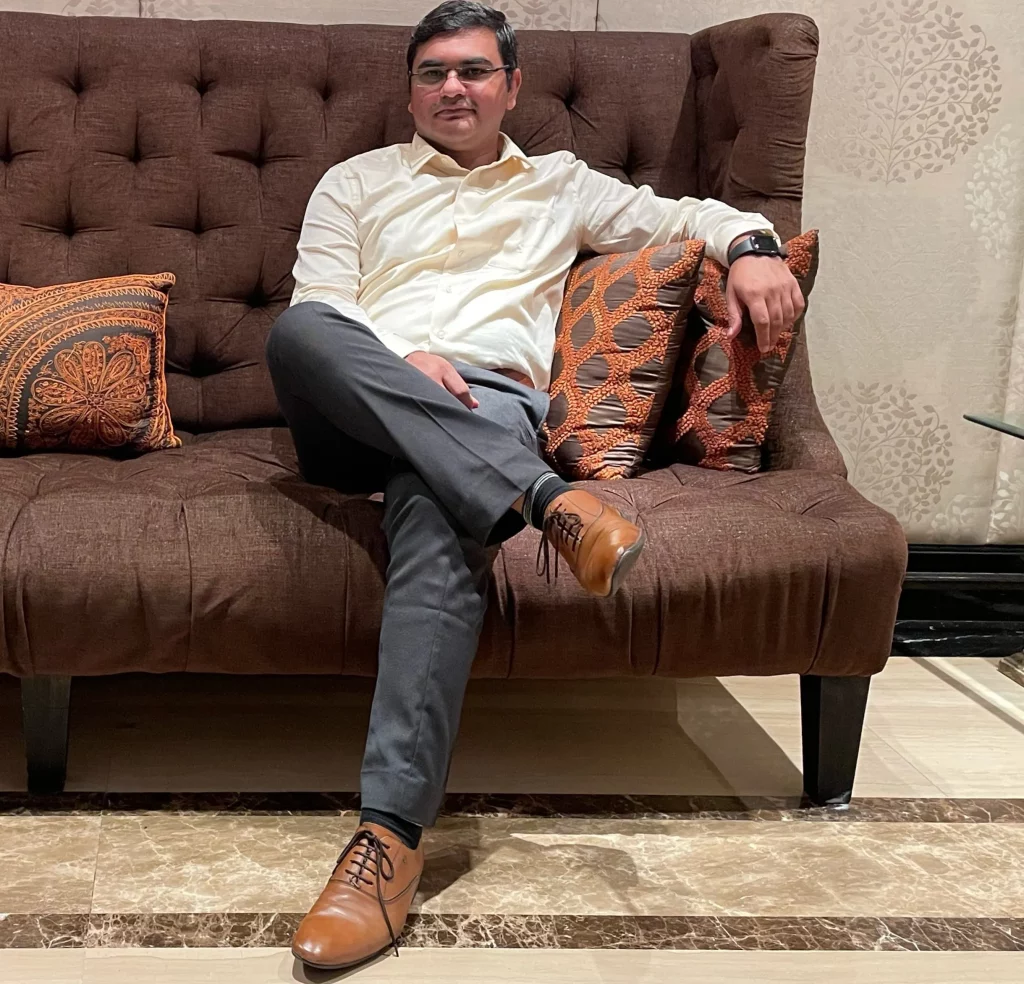 Ameet Patil[/caption]
Ameet Patil[/caption]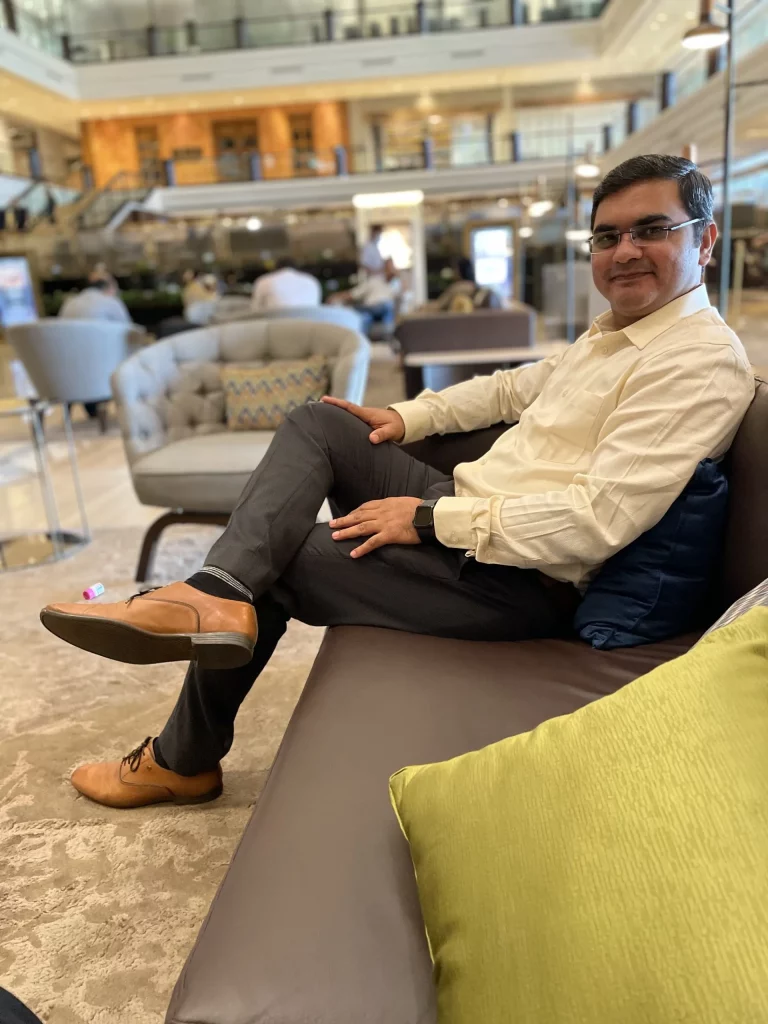
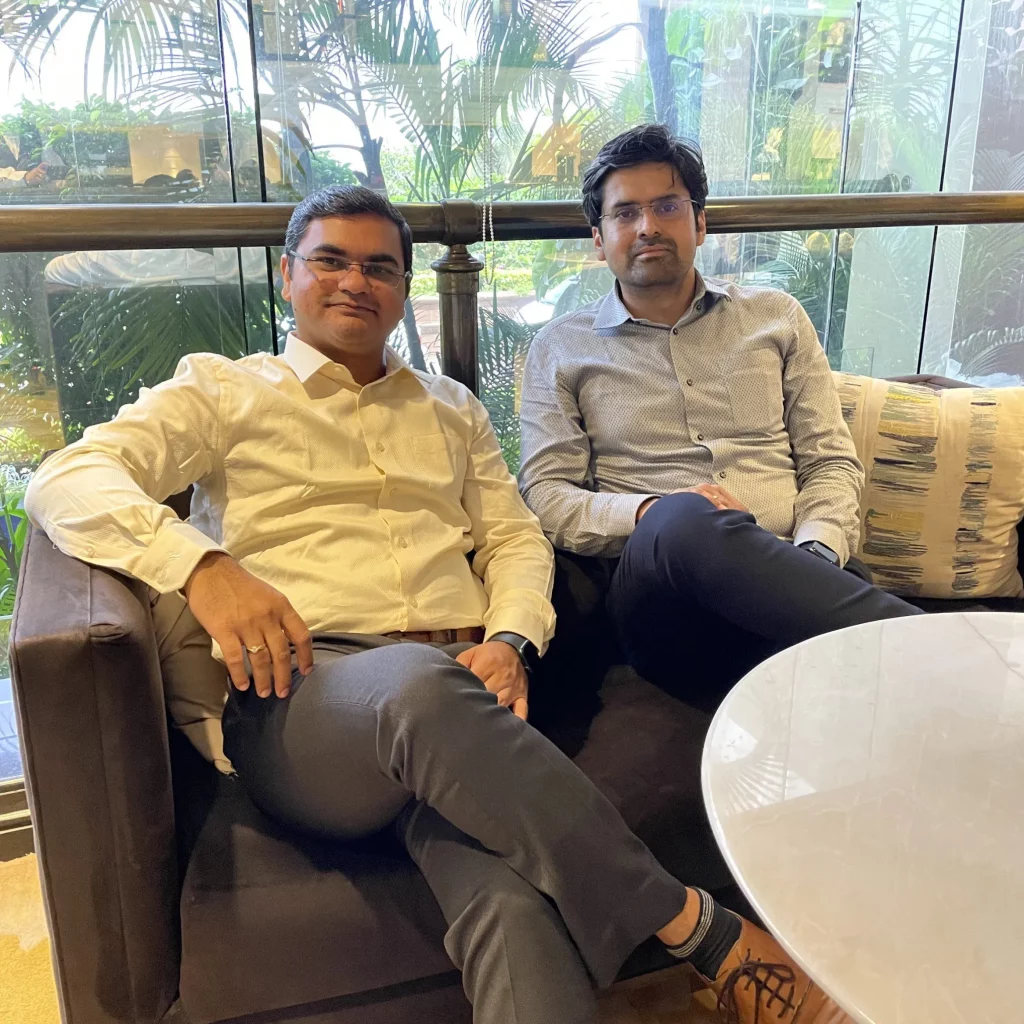 Ameet Patil and Nitesh Singh Rathore[/caption]
Ameet Patil and Nitesh Singh Rathore[/caption]